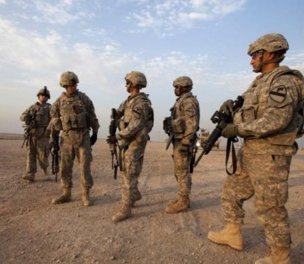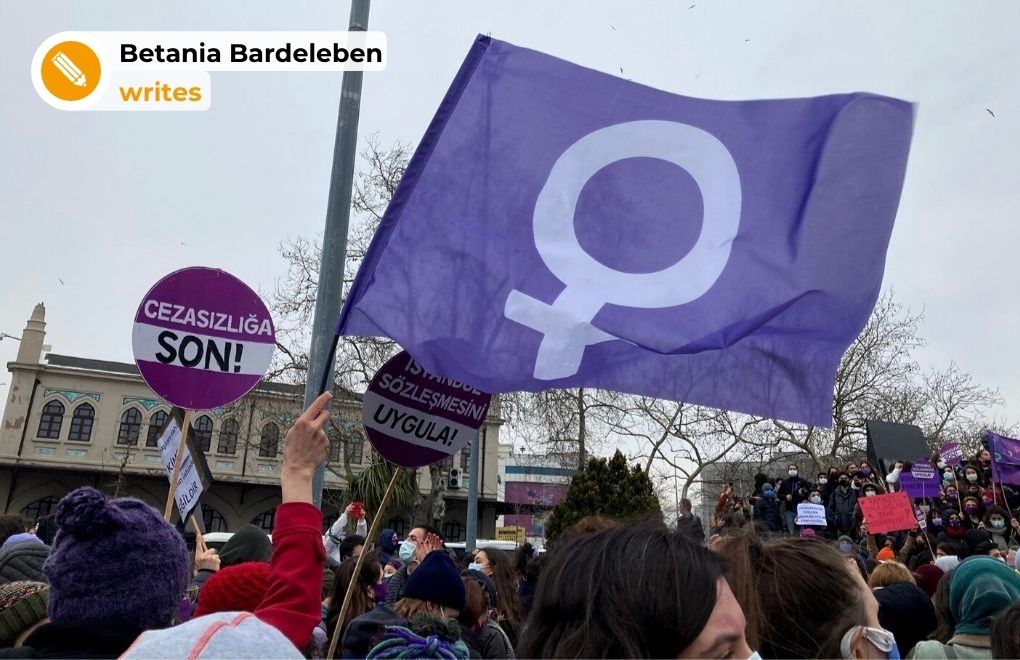* Photo: Anadolu Agency (AA)
Since the North Atlantic Treaty Organization (NATO) and the United States (US) decided to end their operations in Afghanistan, the Taliban has registered territorial gains, leading to the escalating situation in the country and increasing numbers of Afghan refugees in Turkey.
It is estimated that, daily, several hundred arrived "illegally" from Iran. Human rights activists even speak about up to 1,000 people per day.
According to the refugee statistics of the UNHCR, the United Nations Refugee Agency, about 100,000 Afghan asylum seekers and less than 1,000 Afghan refugees were residing in Turkey in February this year. Meanwhile, around half a million displaced Afghan citizens live in Turkey.
Due to their situation in a legal limbo, there is a lack of specific data in the numbers and knowledge of characteristics such as gender and age of the displaced. According to Al-Monitor reporting, this also stems from the discrete way in which the people getting caught are sent back directly.
Who wants them the least?
While Europe remains the final destination of choice for the vast majority of the refugees, the endeavour of the European Union (EU) in the meanwhile is to extend the 2016 agreement with Turkey that sees the EU paying Ankara billions of euro to damp "illegal" migration while fostering "legal" migration and improving the living conditions of the refugees in Turkey.
Since that agreement, the number of arrivals at the Greek border was limited to 36,310 in 2016 compared to 861,630 arrivals in 2015.
For secular people in Turkey, the Syrian refugees have already been seen as the "fifth column" of President and ruling Justice and Development Party (AKP) Chair Recep Tayyip Erdoğan. Although they are fleeing from the grip of the Taliban in Afghanistan, in Turkey, as in Europe, fears of Islamization have shored up hostility towards the displaced Afghan citizens.
Nationalist Movement Party (MHP) Chair Devlet Bahçeli warns of Afghan refugees as a "danger". Amidst the talks of snap elections, in Turkey's media, the Afghan refugee question is predominantly discussed in a populist discourse condemning the EU attempts to extend the deal.
On the other side, walls are planned to be built, as announced by the Van Governor, along the 295-kilometer Turkey-Iran border.
NOTE: The EU is now also criticized for evading responsiblity amid this humanitarian crisis. In recent statements about the issue, Belgium's Secretary of State for Asylum and Migration Sammy Mahdi stated that the Turkey-EU deal for Syrian refugees should be expanded to include Afghan refugees as well. Speaking to Germany's daily BILD in an interview published on July 25, Austria's Prime Minister Sebastian Kurz also said, "With all due respect, if people are forced to flee, I think neighboring states like Turkey or other safe parts of Afghanistan are definitely a better place than Austria, Germany or Sweden."
The situation of Afghan refugees in Turkey
According to the findings of PRO ASYL, Afghan refugees in Turkey have not had access to sufficient protection for a long time already, but especially since 2020. Since the outbreak of the novel coronavirus (COVID-19) pandemic and the following restrictions and measures, access to international protection applications has become almost impossible.
Turkey's legal framework, which should guarantee minimum protection for refugees from Afghanistan, is rarely put into practice. Instead, they have to rely on the support of non-governmental organizations.
CLICK - A report on Afghans at the margins of precarity
According to the World Food Programme's "Comprehensive Vulnerability Monitoring Exercise (CVME), Round 4" report, while 3 percent of refugees usually have no access to basic nutrition, this rate stands at 18 percent among Afghan refugees. Hence, when compared to other refugee children, Afghan children are also up to almost 50 percent more likely to get sick.
While there is no specific data about the incoming refugees, it is estimated that the refugee women coming from Afghanistan constitute around 20 percent of the Afghan refugee population in Turkey.
Due to the circumstances of their exodus, they constitute an especially vulnerable group in society and additionally encounter gender-specific problems. Because of their often limited knowledge of Turkish language, the women are often exposed to exploitation and regarded as unqualified labor even more than refugee women from different countries of origin.
An improvement of their current situation needs the implication of constructive major reforms – which have not yet been in sight.
CLICK - Afghan shepherds: 40-day journey from Afghanistan to Turkey
About Betania Bardeleben ReynaJuly 2021 intern at bianet English. Social and cultural anthropologist and journalist from Germany. Currently enrolled in a German-Turkish Master's Program in Berlin and Ankara. Living in İstanbul. Especially interested in power structures, subcultures and rights of women, refugees and minorities. Regional focus: Middle East and North Africa (MENA), Turkey, Mexico. |
(BB/SD)





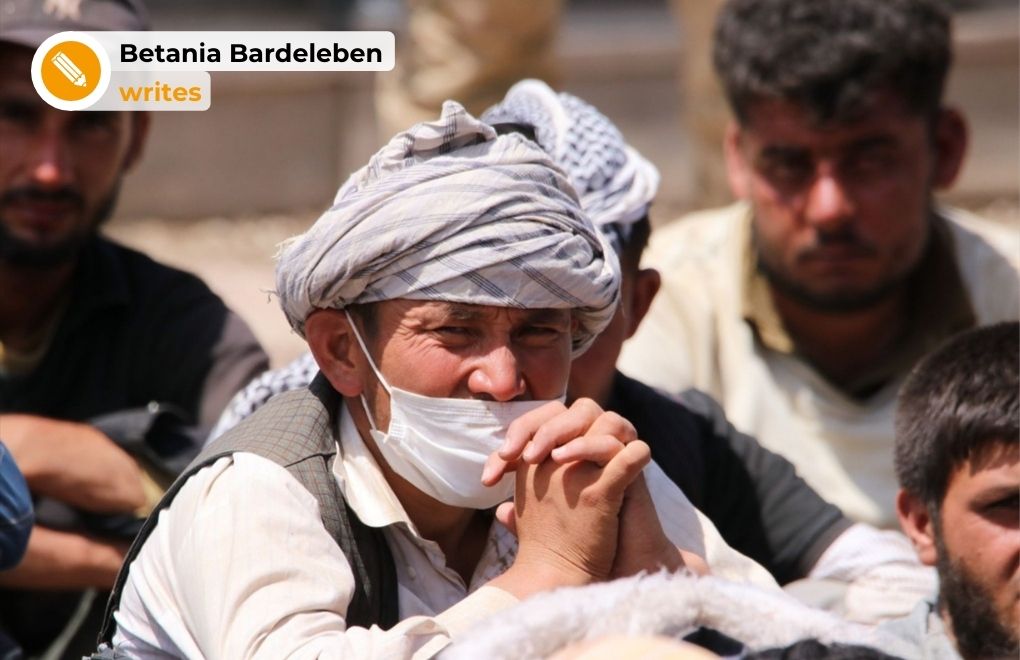
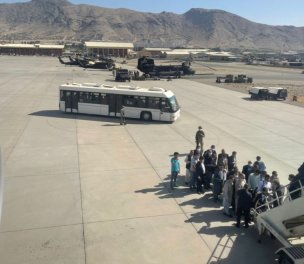
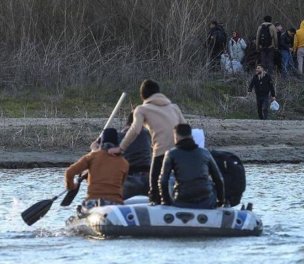
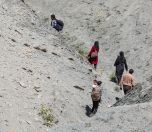

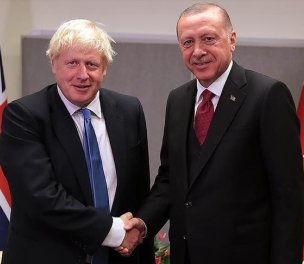
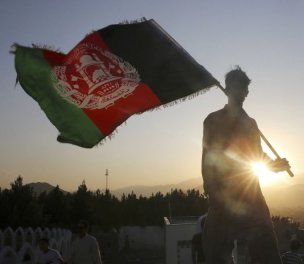

-132.jpg)

